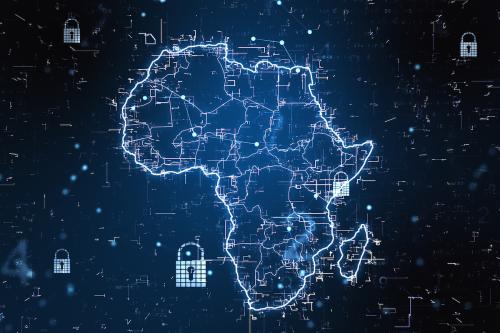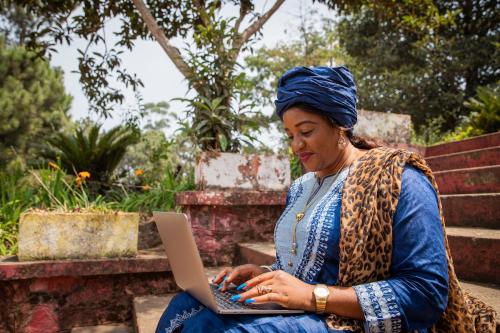This weekend, finance ministers, economists, and others from around the world will convene on Washington for the annual World Bank-International Monetary Fund Spring Meetings. The IMF released dramatic new global growth projections yesterday, and these will set the tone as other issues surface throughout this year’s meetings. For those of you who may not be closely following the issues around the Spring Meetings, I sat down to briefly explain three of them in the Brookings studio.
The first is the global economic outlook. It’s been 7 years since the global financial crisis, but it seems to be hard to pin-down countries’ medium-term prospects. So what’s going on in the world economy today?
Global growth drivers aren’t who they used to be
A second important issue is financing for development. The Millennium Development Goals will expire this year, and in July, countries will meet in Addis Ababa to discuss how the U.N. will finance development efforts for the next 15 years. Financing for development is expected to be a principal topic for the development committee this year, and one that finance ministers are starting to take seriously. I’ve already written my thoughts on what we need from the Addis meeting, as well as on the worthiness of crafting a set of Sustainable Development Goals that work. But what can we expect from the Addis meeting? And how is it different from what we’ve seen before?
New funding sources have to be leveraged for effective future development
Finally, the Asian Infrastructure Investment Bank will continue to make news. Almost every country but the U.S. and Japan has now joined China in its setting up of the AIIB. And everyone has an opinion—from Larry Summers proclaiming it’s time for the U.S. to wake up to a new economic era, to my Brookings colleague Raj Desai who welcomes the bank and thinks the U.S. will suffer from its lack of participation. So what exactly is the AIIB and why has the U.S. sought to keep its allies from participating?
The AIIB could be a new channel for much-needed infrastructure investment
enter;”>






Commentary
The global economy, financing for development, and Asian Infrastructure Investment Bank are focal points as experts convene for the World Bank-IMF Spring Meetings
April 15, 2015